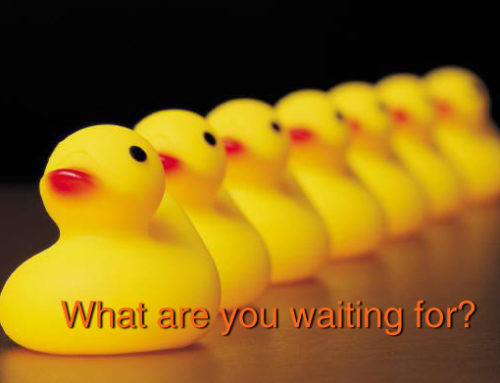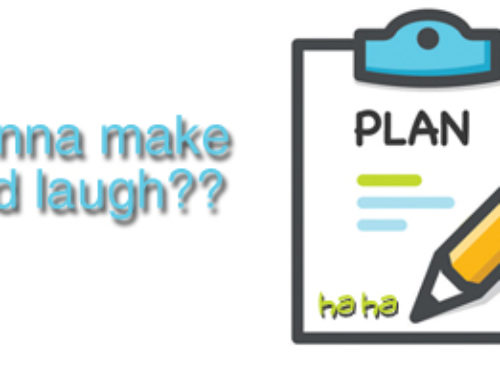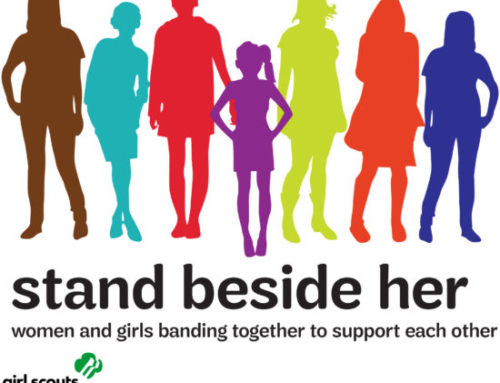- Be honest and dare to be vulnerable. Share your own experiences as an example of what worked – and what didn’t.
- Don’t think you have to know the answers – it’s more about helping them find their truth and providing them with an opportunity to learn how to trust themselves and look within for their own inner guidance.
- WIIFM – tweens, teens and everyone for that matter wears a set of imaginary head phones that are tuned into station WIIFM: What’s In It For Me? Make sure to explain and demonstrate how your advice, ideas and suggestions will benefit them.
- Avoid the word “should” such as “You should do this… or that”. Absolutely no one likes to be “should” on.
- Really listen and affirm what they are going through. For example, if an 11 year old girl gets caught up in the drama of boys and dating and asks “What should I do? The boy I’m crushing on likes someone else!” The last thing you want to do is to pooh-pooh her and say something like “Oh honey, you’re only 11, there will be plenty of time for boys.” Instead, say something like “Wow, I can see that you really like this guy. Tell me what you like about him” or “I can see you’re really struggling with this whole dating thing, let’s talk about it.”
- Hire a coach for your daughter. (I have a list of the Top 10 Reasons to Hire a Life Coach for Your Daughter on my website) Girls tend to listen to someone who isn’t their mother! I was recently coaching a twenty-something school teacher who was feeling exhausted and run down. I suggested she might want to think about taking vitamins to supplement her diet. When her mother found out she said “Sarah, I’ve been trying to get you to take vitamins for years and suddenly your coach suggests it, and now you’re taking vitamins?!”
- Attend mother/daughter workshops together. A good facilitator asks thought provoking questions that invoke deep and meaningful conversations.
- Help them get clear about what they really want while identifying any erroneous or limiting beliefs about the situation. For example, she might think that “everyone has a boyfriend” or “there’s something wrong with me because I don’t have a boyfriend.”
- Help them see into the future and think through their decisions. In Alcoholics Anonymous, people in recovery are encouraged to “think through the drink” so they don’t make an emotional decision in the heat of the moment. Ask what their decision will cost them in the long run? The teen brain isn’t fully developed and as a result, they lack the ability to think in the moment. So it is vital that you help them to see in advance what may happen in various scenarios and show they how their decisions and choices could play out.
Parents: Giving Advice to Tweens & Teens
Finger wagging advice NEVER works!
The other day I received a request from a journalist who is writing an article for Good Housekeeping and she was looking for tips on how to give advice to tweens and teens. Being right up my alley, I immediately dashed off an email with 9 tips that absolutely flowed out of me and onto the page. I still haven’t heard back from the writer as to whether or not she’ll be quoting me in her article and the way it usually works is you find out just before the publication goes to print. I’m not holding my breath, but just happy to have been asked and figured I may as well share that information with all of you instead of waiting for the article to come out.
So here’s what I wrote to her:
My name is Kathleen Hassan and I am known as The Teen Confidence Coach. I speak at schools, youth conferences and mother/daughter events all over the country. I give lots of advice to teens and tweens as I receive emails daily from girls all over the world… and the best part of all is that they actually listen to me and reach out for help! I have an “Ask” button on my website and encourage girls to email me their burning questions. I answer them either directly via email, in my blog or in a video on YouTube. They really want to be guided and they are desperate for some answers and for some relief from their inner struggle of not being or feeling good enough – just the way they are.
Here are some tips/strategies that I use, and suggest to parents for open communication and for doling out advice:





